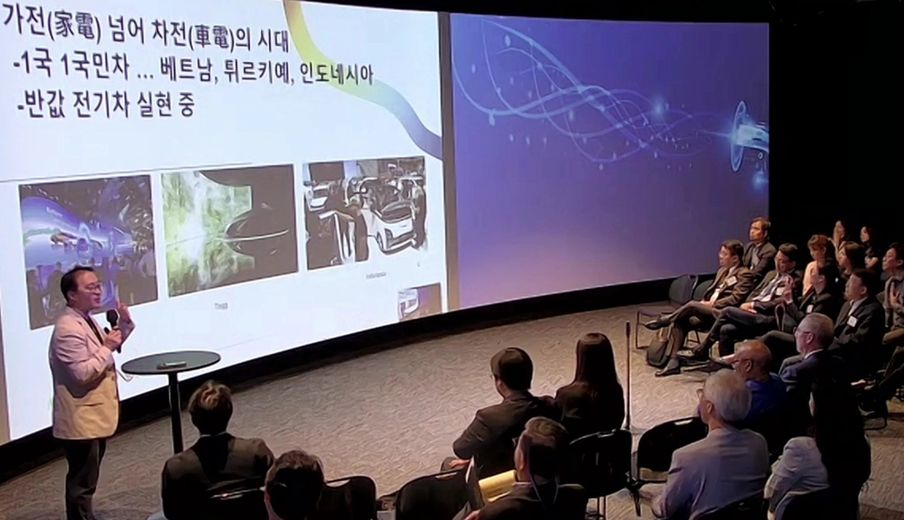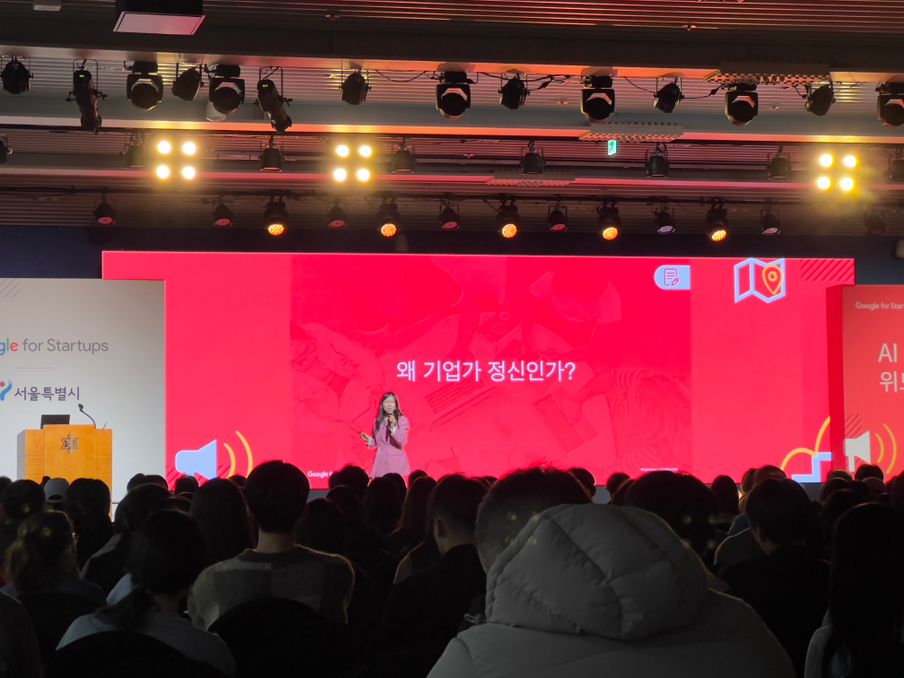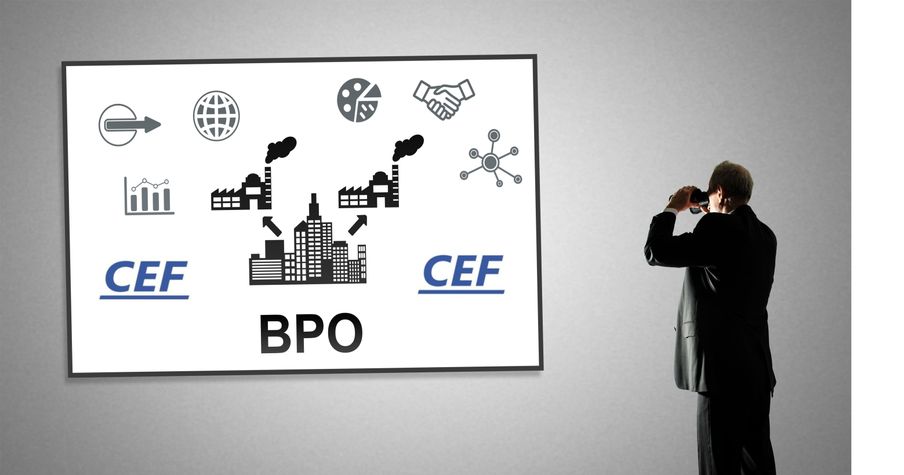US IRA offers new opportunities for S.Korean EV battery firms

US energy laws, such as the Inflation Reduction Act, are expected to create new business opportunities for South Korean firms in the EV sector.
The transition toward complete electrification in the global car industry has been accelerating in tandem with the tug of war between the US and China to lead in this fast-growing industry, amid deteriorating climate change concerns.
In response to the worsening trade relations with China, the US has diversified its supply chain for EV components, including batteries, attracting manufacturing facilities to its soil.
Against this backdrop, experts believe that now is the opportune time to leverage the EV momentum generated in the US thanks to newly implemented promotional laws for renewable energy.
“The US Department of Energy has over $62 billion for the Bipartisan Infrastructure Law, plus additional funds for the Inflation Reduction Act,” said Elke Hodson, Deputy Director of Technology Policy at the DOE, at a conference held by The Miilk on Sept. 14 (Korea Time).
“There’s a strong emphasis on ensuring that these investments truly make a difference in helping us reach our greenhouse gas goals,” she added.
Through the BIL and IRA, the US government plans to invest over $430 billion in the nation's energy system for at least the next decade, aiming to provide long-term stability for domestic clean energy producers, manufacturers, and investors.
Recent federal investments in the domestic energy sector are unlocking opportunities for workers and communities, making the clean energy transition profitable, beneficial, and more equitable for US businesses, workers, and communities, as she explained.

Atlanta becomes an EV industry destination
The conference, named "The Future of EV Batteries: American Perspectives," was hosted by The Miilk in collaboration with the Consulate General of Korea in Atlanta and the Southeast US Korean Chamber of Commerce. The offline event was also streamed online.
In his opening remarks, Sangpyo Suh, Consul-General of South Korea in Atlanta, said “Atlanta and its surrounding areas are emerging as a renewable energy hub, with many companies, including those from South Korea, starting to produce batteries and solar panels in recent years.” He added that the conference would offer an excellent opportunity to exchange information on US policies for EVs and meet industry professionals.
Indeed, Atlanta, Georgia has become a popular destination for many EV manufacturers and component suppliers.
SK On, a leading battery maker owned by the South Korean conglomerate SK Group, has already begun producing batteries in its second production plant in the area, with construction underway for an additional plant.
In addition, Hyundai Motor Group has been constructing a plant exclusively for EV production since April. Its existing production sites in Atlanta for its car manufacturers, Kia Motors and Hyundai Motors, are gearing up for the transition to EV production as well.

In a welcoming remark at the event, Jae Kim, president of the Southeast US Korean Chamber of Commerce, who also serves as a senior manager at the accounting firm Aprio, said, “I hope that today marks the beginning of a new collaboration between Korean companies and the US in advancing the clean energy transition for the US and the world.”
During a different presentation at the conference, Kim recommended that Korean companies closely analyze the details of the IRA, which primarily focuses on protecting domestic industries, fostering R&D, and securing suppliers, among other objectives, to achieve growth in the energy industry.
Jaekwon Son, the CEO of The Miilk, also took the stage and stated, “The EV battery sector has just experienced a significant breakthrough, and the industry will continue to grow in line with advancements in robotics and AI technologies.”
He also forecasted that emerging EV manufacturers from Indonesia and Turkey could bring about changes in the world’s car industry and its supply chain.
In his presentation on secondary battery recycling, Taesik Oh, from the Department of Chemical Engineering at Auburn University, described how lithium-ion batteries, which typically contain nickel, manganese, and cobalt as cathodes, are disassembled and reassembled for reuse.
Juheyon Ahn, from the Energy Storage & Distributed Resources Division at Lawrence Berkeley National Laboratory, provided insights into the latest trends in next-generation batteries. To develop energy-efficient and cost-effective batteries, she emphasized the importance of collaboration between different sectors, such as materials engineering, robotics engineering, and AI.










